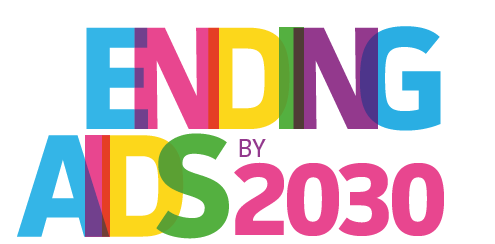
June 5th, 2021 marked 40 years since the first cases of AIDS were officially reported. Since then, 36.3 million people have died from AIDS-related illnesses, turning the epidemic into one of the most serious public health challenges of our times.
Scientific innovations, partnerships such as UNAIDS, the Global Fund to Fight AIDS, Tuberculosis and Malaria and PEPFAR, rights-based and people-centred approaches, and, critically, the leadership of affected communities, all have contributed to the tremendous progress in fighting AIDS.
However, progress has been uneven and obstructed by stigma, discrimination, punitive laws and policies, harmful social norms, and poverty. Adolescent girls and young women, people who inject drugs, men who have sex with men, sex workers and LGBTIQ people are much more vulnerable to HIV whilst being less likely to access the services they need. COVID-19 has made the AIDS crisis more acute by exacerbating inequalities, furthering human rights’ violations, and derailing testing and prevention services for people who were already disproportionately affected by HIV.
This is a challenging context, but UNAIDS’ newly adopted Global AIDS Strategy 2021–2026, End Inequalities, End AIDS provides forward direction, as recognized in the UN General Assembly Political Declaration on Ending AIDS and a May 2021 European Parliament Resolution. The implementation of the new AIDS strategy requires renewed financial and political commitment. The Global Fund, a long-time EU partner in the global fight against AIDS, will embark on a replenishment cycle next year, which is critical to these efforts.
Collectively with DSW, EATG, ILGA-Europe, IPPF-EN, MSF, WaterAid and Aidsfonds’, GHA wrote recommendation to the EU



